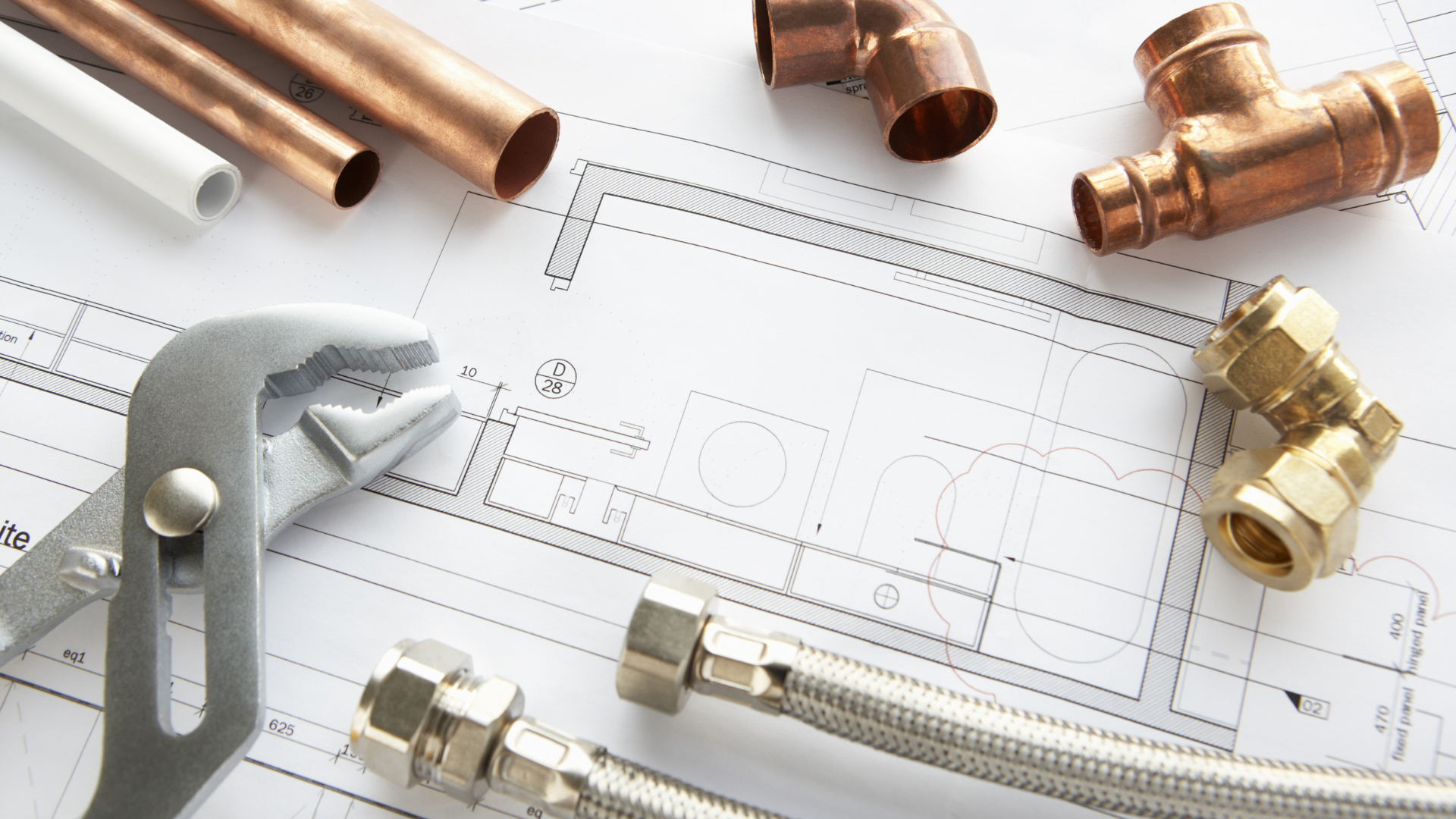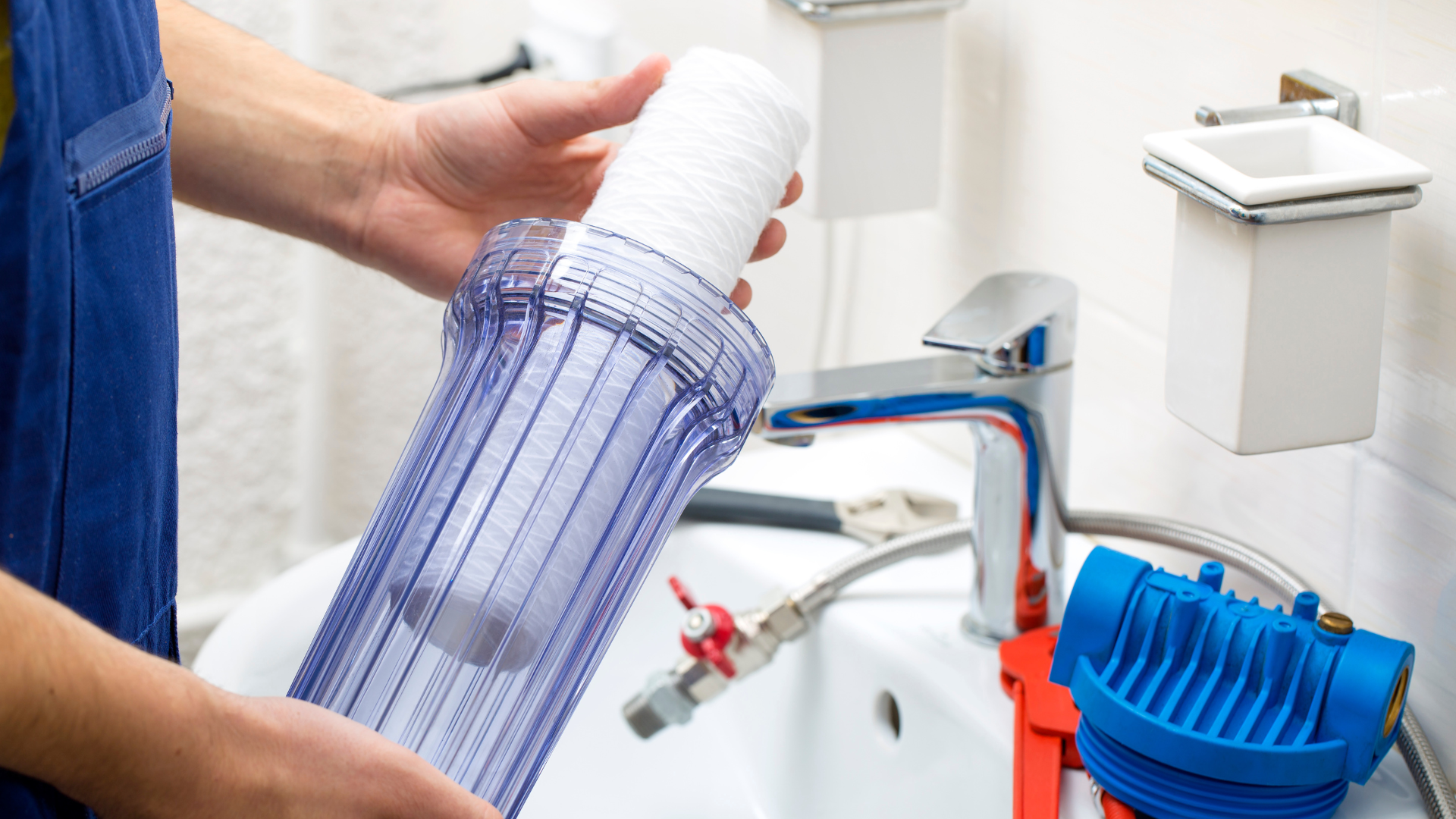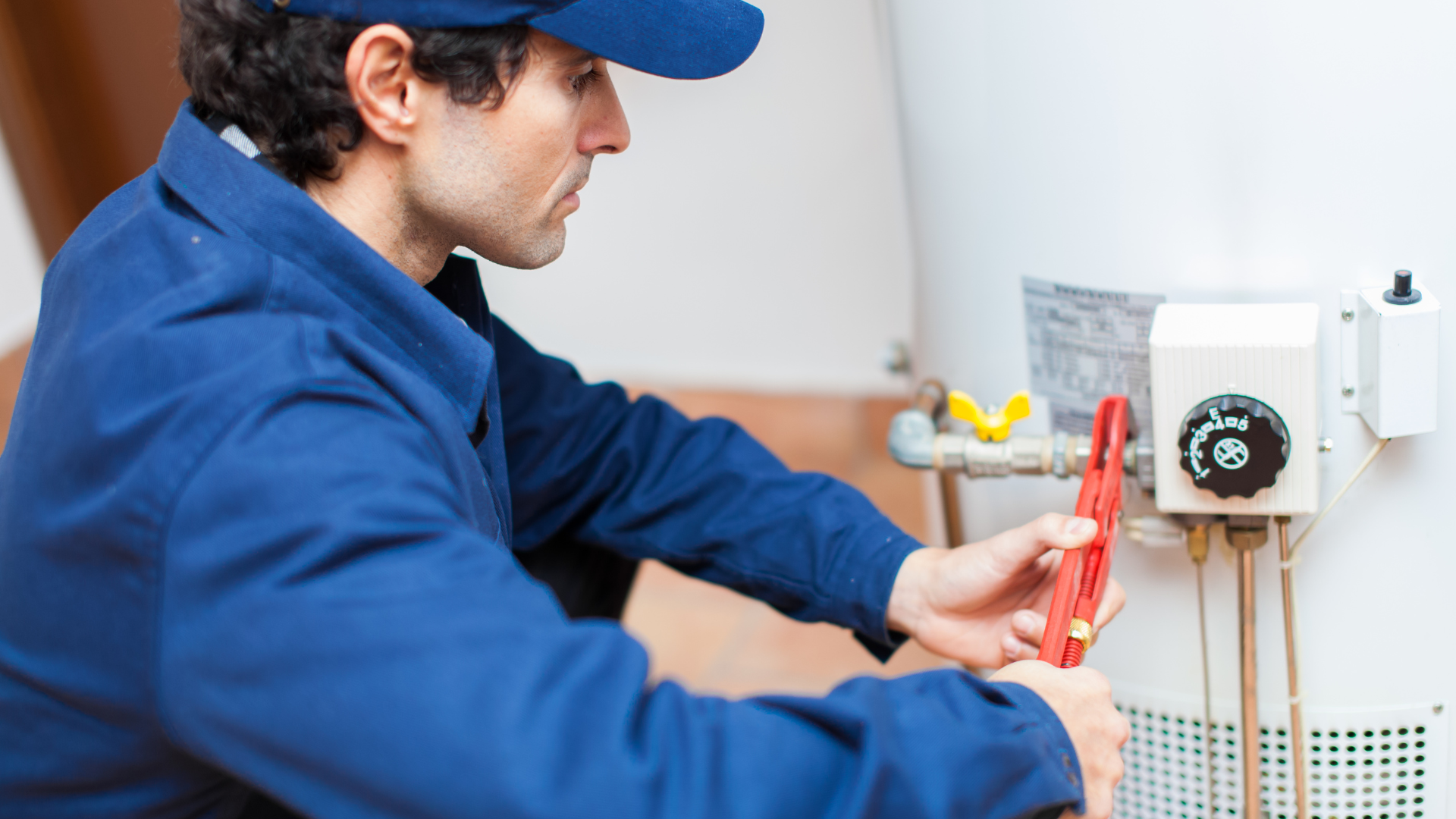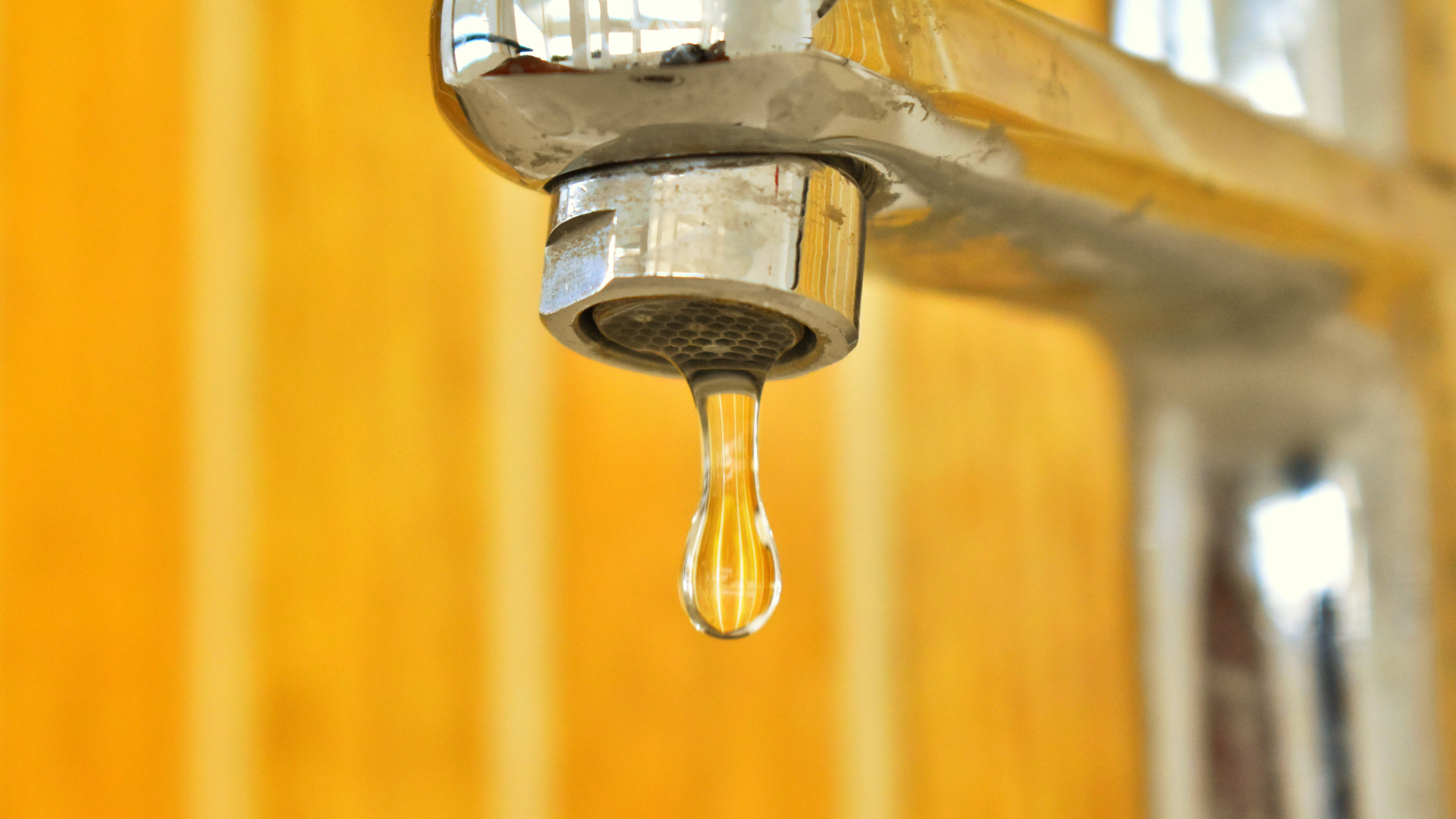The Essential Guide to Utilities and Construction
When embarking on any construction project, understanding the crucial role utilities play is essential. Utilities, including water, gas, and electricity, are the backbone of construction, providing the necessary services that make a building functional and comfortable. In this guide, we’ll walk you through the relationship between utilities and construction, touching on key considerations, common challenges, and the importance of professional management in utility installation and maintenance.

Understanding Utilities in Construction
Utilities in construction refer to the essential services that every building needs to operate smoothly. These include water, electricity, natural gas, sewer systems, and sometimes telecommunications. During construction, it's vital to properly plan and install these utilities to ensure that the building functions as expected once it's complete.
The role of utilities in construction goes beyond simple installation. Proper planning and integration of utility lines into a project are critical for long-term sustainability and cost-efficiency. For example, improperly installed water lines or electrical wiring can cause significant delays or require expensive repairs down the road.
Importance of Utility Planning
Effective utility planning is one of the first and most important steps in any construction project. This process involves coordinating the installation of necessary systems in the right locations, ensuring that all utilities are connected properly, and complying with local codes and regulations.
One critical element of utility planning is ensuring that there is proper coordination between different contractors. For instance, a plumber must work closely with the electricians and excavators to ensure that the water and gas lines are installed without interfering with electrical conduits. Without adequate coordination, projects can experience costly delays and safety hazards.
Challenges in Utility Installation
Despite advances in technology and modern construction techniques, utility installation still presents challenges for many contractors. Common problems include unforeseen utility interference, such as conflicting underground utilities, poor soil conditions, and insufficient space for installation. These issues often arise during excavation, requiring adjustments to plans and potential delays.
Another common challenge is the requirement to meet local codes and safety standards. In most places, utility installations must be inspected and approved before construction can proceed, which can add to the timeline of the project. Additionally, utility companies often have their own regulations that must be followed, which can further complicate the process.
Best Practices for Utility Construction
To ensure smooth utility installation and construction, here are a few best practices:
- Early Coordination
Before breaking ground, coordinate with utility companies and contractors to ensure that all systems are planned and installed correctly from the start. This collaboration will minimize disruptions during the construction process.
- Accurate Mapping
It’s critical to map out existing utilities accurately before beginning excavation work. Many problems can be avoided if contractors are aware of the location of underground utility lines, such as gas or water pipes, which could be accidentally damaged during digging.
- Regular Inspections
Inspections throughout the construction process help catch any issues early and ensure that all systems are functioning properly. Ensuring that utilities pass inspections promptly is essential for preventing future issues that may arise from poorly installed systems.
- Professional Installation
Whether you’re installing water pipes, gas lines, or electrical systems, always hire experienced professionals for the job. Utilities require specialized knowledge and expertise to install properly, and only certified plumbers, electricians, and other specialists should handle the installation and connection.
Why Proper Utility Installation Matters
Improperly installed utilities can lead to a wide range of issues in the future, including leaks, electrical faults, or inefficient systems. These problems can be costly to fix and, in some cases, can even compromise the safety of the building’s occupants. Proper installation ensures the longevity and reliability of the building's systems, reducing maintenance costs and the risk of accidents.
Additionally, many construction projects must adhere to specific environmental and energy-efficiency standards. Properly planned and installed utilities help meet these requirements, ensuring that the building is environmentally friendly and meets local regulations.
The installation and management of utilities during construction are vital to the success and safety of any project. From ensuring that the systems are correctly planned and installed to working with professionals who can meet the required standards, every step plays a significant role in the overall success of the project. For construction managers, having a thorough understanding of utilities and collaborating with the right professionals is essential for keeping projects on track.
If you’re in need of expert services for utility installations, O'Grady Plumbing offers high-quality plumbing solutions. Whether you’re looking to install new water lines or repair existing gas lines, our team ensures safe and effective utility management.




